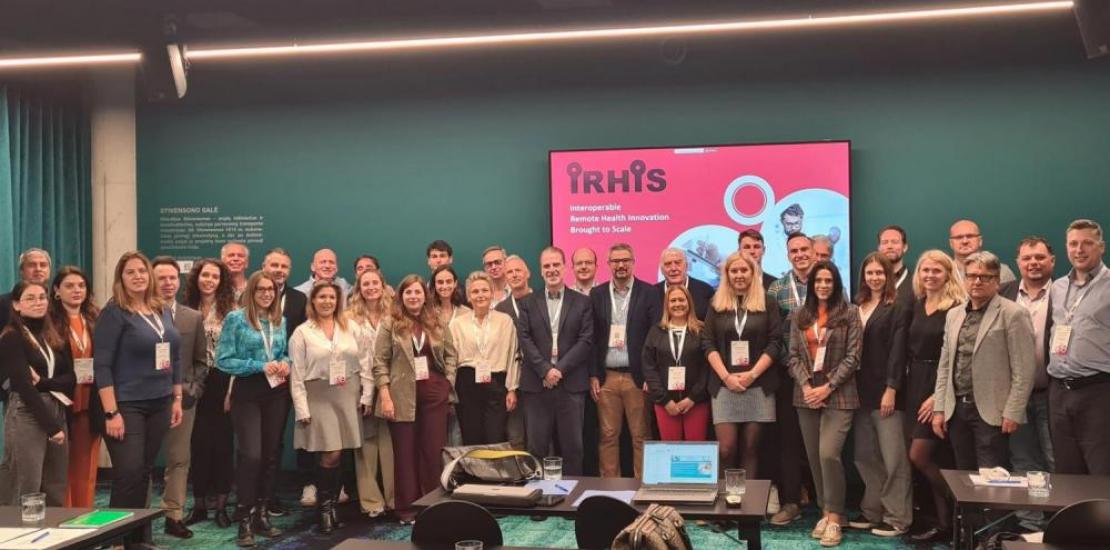UCAM participates in a research project that will revolutionise medical care
With more than 8 million euros, IRHIS is the European project with the largest budget of all those that the Universidad Católica de Murcia has taken part in up to now.
Thanks to the experience of the UCAM in the development of chemical sensors, i.e. for precise glucose measurements in patients in intensive care units, UCAM, through its UCAM-SENS research unit, is taking part in this revolutionary project. UCAM will develop chemical sensors to maximise patient monitoring in the ICU using this non-invasive technology, which will be tested at the Santa Lucía Hospital in Cartagena, part of the Servicio Murciano de Salud (Murcia Healthcare Service).
IRHIS, with more than 8 million euros and funded by the European Union under the Interregional Innovation Investments (I3) instrument, is the project with the largest budget of all those in which the Universidad Católica de Murcia has participated.
‘We will develop a pioneering, non-invasive technology to detect biomarkers in sweat for ICU patients. In addition, we will integrate the device with other devices already available in European companies to maximise patient monitoring,’ said Gastón Crespo, Principal Investigator of this project and UCAM Professor.
The main objective is to establish the first Advanced Remote Care Demonstration Chain in the European Union, a science-entrepreneurial ecosystem focused on helping less developed regions in Europe to commercialise advanced medical technologies. This network of inter-regional laboratories (DemoScale Labs) will be designed to test and scale remote healthcare technologies, where they will develop their studies in the areas of musculoskeletal rehabilitation, treatment of neurological disorders and intensive care, integrating AI-driven technologies.
A key focus of the IRHIS project is the patient-centred approach. More than 1,000 people will be involved in testing and evaluation activities, generating millions of inputs that will feed artificial intelligence and machine learning models. These models will help adapt new technologies to real market demands, improving the accuracy and efficiency of remote care.
The Project partnership, composed of 21 partners from 7 European countries, also aims to consolidate the European remote healthcare ecosystem. IRHIS aims to mobilise investment, foster interoperability and create novel solutions to provide patients with predictive rehabilitation and personalised care of high quality and efficiency across Europe.




